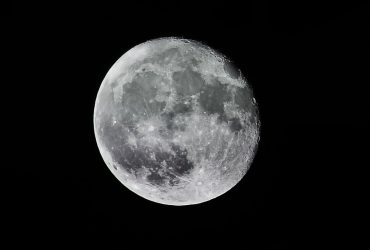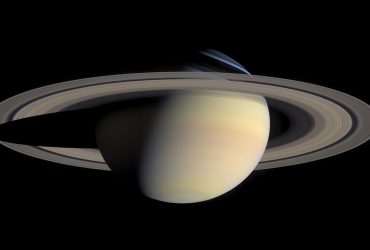Astronomy: Where To Start?
Astronomy is a fantastic hobby. It is fascinating to learn more about the universes that stretch beyond our own back gardens, as well as mind blowing and humbling to learn about the absolute vastness of space and the eye-watering number of stars and planets that surround our own tiny planet.
Plus, you get to be outdoors, learning about the skies and our closest neighbours, getting some amazing views while getting lots of fresh air. What could be better?
As great as all this sounds, there is no doubt that it can also be quite daunting when you’re first starting out. From questions about which telescope you should buy, to how you will know what it is you are actually looking at in the sky, there is a great deal to learn!
If you are serious about stepping out into one of the most time consuming and rewarding hobbies out there, then read on…
9 Tips For Starting A Stargazing Hobby
1. Go to your local library
If you are looking into astronomy where to start, a great first stop is your local library. You will find a vast array of books on the subject, from books on the night sky itself to technical manuals about telescopes – even how to build your own. By familiarising yourself with the basics of stargazing, you are setting yourself up in good stead for a really good career of stargazing.
2. Go outside and look up, without a telescope
Learning about the constellations and what the night sky actually looks like without a telescope is a really good foot in the door for astronomy where to start. Once you have a bit more of a handle about what you are looking at with the naked eye, you will find it easier to pinpoint what you are looking for when you see it through a telescope for the first time.
3. Have a really good, long think about your first telescope
Don’t go rushing in there and buy the first one you see just because you’re impatient; finding the right one for you is key. For example, are you a modern sort of person who wants a scope you can control with your smartphone? Or are you more of a purist, and like the idea of a more hands on experience?
4. Practise with binoculars
As an astronomy where to start tool, a really good pair of binoculars is great – not only will you be able to see some amazing detail on planets and stars, you will also find yourself more focused on learning about the night skies, before you splash out on a big expensive telescope.
5. Get some star maps
Maps, star charts and reference books are your friends. There is not really a lot of point in finding something great to focus your viewfinder on without knowing what it actually is!
What if that gorgeous star cluster you think you can see is actually a bit of grit on your binocular lens? Get the maps, learn what it is you are looking at and you will find it an all-round much more rewarding experience.
6. Find other enthusiasts
Not only can you make great new friends who share your interest, but you can also learn even more from others. No doubt there will be people in the club who have been stargazing for a while, so you can pick their brains about stars, planets, telescopes, best places to view, and so on.
7. Buy a good telescope
Invest in a good telescope. There is no point in just buying a cheap scope that is designed for kids to use once or twice a year, or to take the half hearted plunge of buying one that you don’t like all that much, just because you can’t afford the one you really want.
Save up for it! Make the very most of all the technology that is out there today, and get the scope that really suits your needs and that you will genuinely enjoy using.
8. Learn patience
There is very little you can do about clouds blocking your view of that really great star cluster, except to wait for them to pass. Also remember that sometimes, spotting the thing that you have been searching for can be underwhelming – it may be small or fuzzy. Just delight in the fact that you have finally found it!
9. Have fun
This one really should come at the top. All hobbies should be enjoyable, and astronomy is no exception. You need to be having fun while you’re doing it, otherwise what’s the point? If you want to make astronomy your long term career, here’s a good article for you.




Can the stars be in c?clueless skies